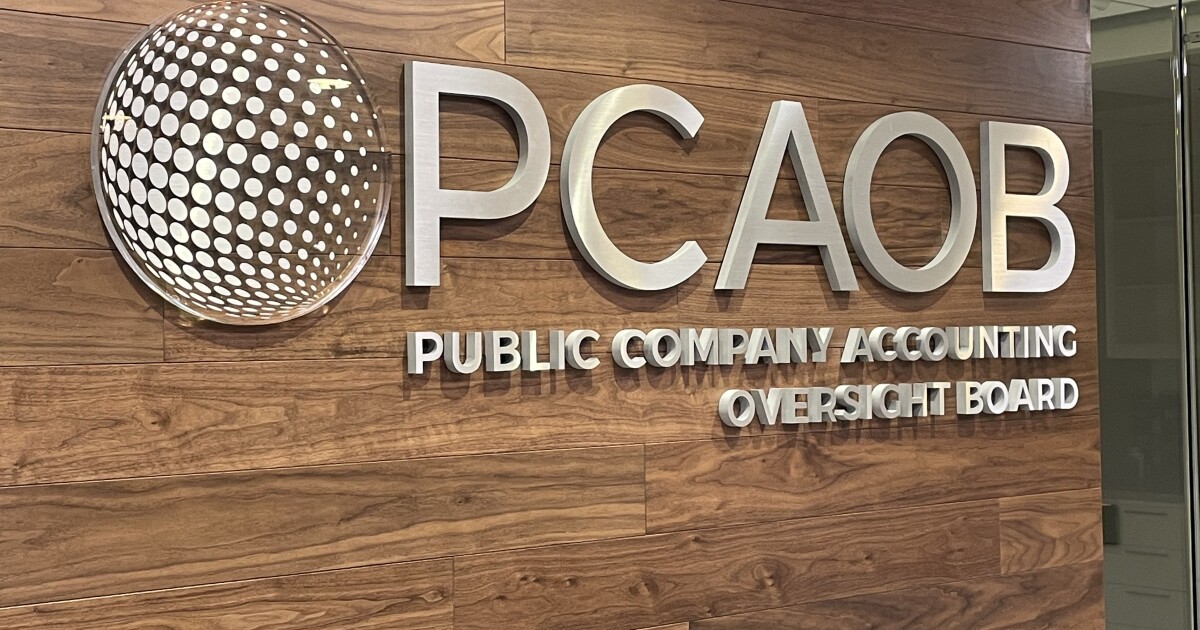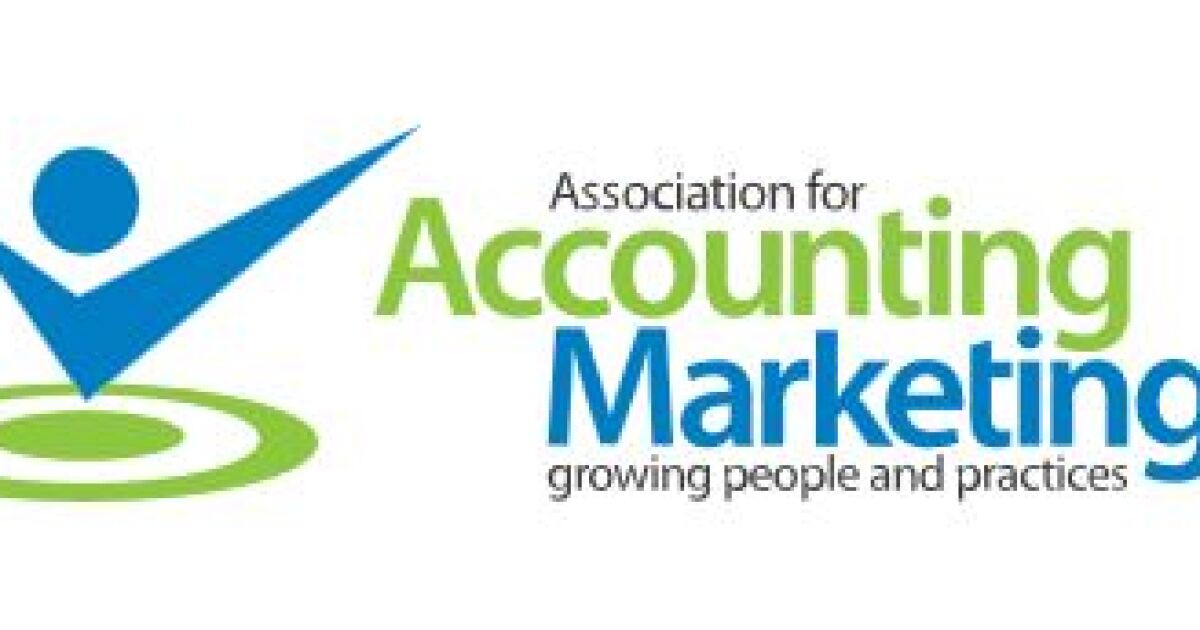President Donald Trump said his massive tax package is close to being finalized, having notched a deal over the state and local tax deduction, but the White House has yet to win over a faction of conservatives who want more austere spending cuts.
“We’re doing very well. It’s very close,” Trump told reporters Wednesday.
House Speaker Mike Johnson announced Wednesday that he had an agreement with lawmakers from high-tax states to increase the limit on the SALT deduction to $40,000.
“The members of the SALT caucus negotiated yesterday in good faith,” Representative Mike Lawler, a New York Republican, told Bloomberg Television. “We settled on something that we believe in, we support.”
However, several hardline Republicans said House GOP leaders aren’t honoring concessions the White House promised them and are threatening to tank the bill.
But the White House says they never made a deal, instead presenting some of the conservative holdouts with a menu of policy options that the Trump administration can live with, a White House official said.
The White House made clear to conservatives they would have to persuade their moderate colleagues to sign onto those ideas, the official said, a challenging feat given Republicans’ narrow and fractious House majority.
Trump and Johnson plan to meet with some of the ultraconservative lawmakers at the White House at 3 p.m., a person familiar with the plans said. That meeting will be an opportunity to strike a deal, the Trump official said.
Ultraconservative Representative Andy Harris of Maryland cast the conversations with the White House as a “midnight deal” for deeper cuts in Medicaid and faster elimination of Biden-era clean energy tax breaks.
“I’m sorry, but that’s a pay grade above the speaker,” Harris said.
Harris said the bill doesn’t reflect that agreement and hardliners will block the package if it comes to a vote. Representative Ralph Norman, an ultraconservative from South Carolina, said the bill “doesn’t have the votes. It’s not even close.”
Freedom Caucus members said they aren’t moving the goal posts by asking for more spending cuts than the budget outline they already voted for. They said they want to rearrange the spending cuts to focus on ending “abuse” in Medicaid and immediately ending green energy tax breaks.
House Republicans leaders are also planning to accelerate new Medicaid work requirements to December 2026 from 2029 in a bid to satisfy ultraconservatives, according to a lawmaker familiar with the discussions.
How deeply to cut safety-net programs such as food assistance and Medicaid health coverage for the poor and disabled has been a sticking point in reaching agreement on Trump’s tax bill, as Johnson attempts to navigate a narrow and fractious majority.
Harris and Norman spoke shortly after Johnson announced the SALT agreement on CNN.
Johnson said there is “a chance” the package could come to a vote Wednesday.
But several ultraconservatives cast doubt on that. “There’s a long way to go,” said Representative Chip Roy of Texas, another Republican hardliner.
The speaker can only lose a handful of votes and still pass the bill, which is the centerpiece of Trump’s legislative agenda.
The $40,000 SALT limit would phase out for annual incomes greater than $500,000 for the 10-year length of the bill, Lawler said. The income phaseout threshold would grow 1% a year over a decade, a person familiar with the matter said.
The cap is the same for both individual taxpayers and married couples filing jointly, the person added.
Another person described the income phase-out as gradual, so that taxpayers earning more than $500,000 would not be punished.
Several lawmakers — New York’s Lawler, Nick LaLota, Andrew Garbarino and Elise Stefanik; New Jersey’s Tom Kean, and Young Kim of California — have threatened to reject any tax package that does not raise the SALT cap sufficiently.
The current write-off is capped at $10,000, a limit imposed in Trump’s first-term tax cut bill. Previously, there was no limit on the SALT deduction and the deduction would again be uncapped if Trump’s first-term tax law is allowed to expire at the end of this year.
Johnson’s plan expands upon the $30,000 cap for individuals and couples included in the initial version of the tax bill released last week. That draft called for phasing down the deduction for those earning $400,000 or more. That plan was quickly rejected by several lawmakers from high-tax districts who called the plan insultingly low.
The acceleration of new Medicaid work requirements could become an issue in the midterm elections — which fall just one month earlier — with Democrats eager to criticize Republicans for restricting health benefits for low-income households.
House leaders’ initial version of legislation pushed back the new requirements until after the next presidential election.
The earlier date for the Medicaid work requirement could alienate several Republicans from swing districts concerned about cuts to the healthcare program. It is also likely to provoke a backlash in the Senate.
It will be very difficult for states to implement the work requirements in a year and a half, said Matt Salo, a consultant who advises health care companies and formerly worked for the National Association of Medicaid Directors.


 Economics1 week ago
Economics1 week ago
 Economics1 week ago
Economics1 week ago
 Personal Finance1 week ago
Personal Finance1 week ago
 Economics6 days ago
Economics6 days ago
 Personal Finance1 week ago
Personal Finance1 week ago
 Economics1 week ago
Economics1 week ago
 Economics5 days ago
Economics5 days ago
 Personal Finance1 week ago
Personal Finance1 week ago












